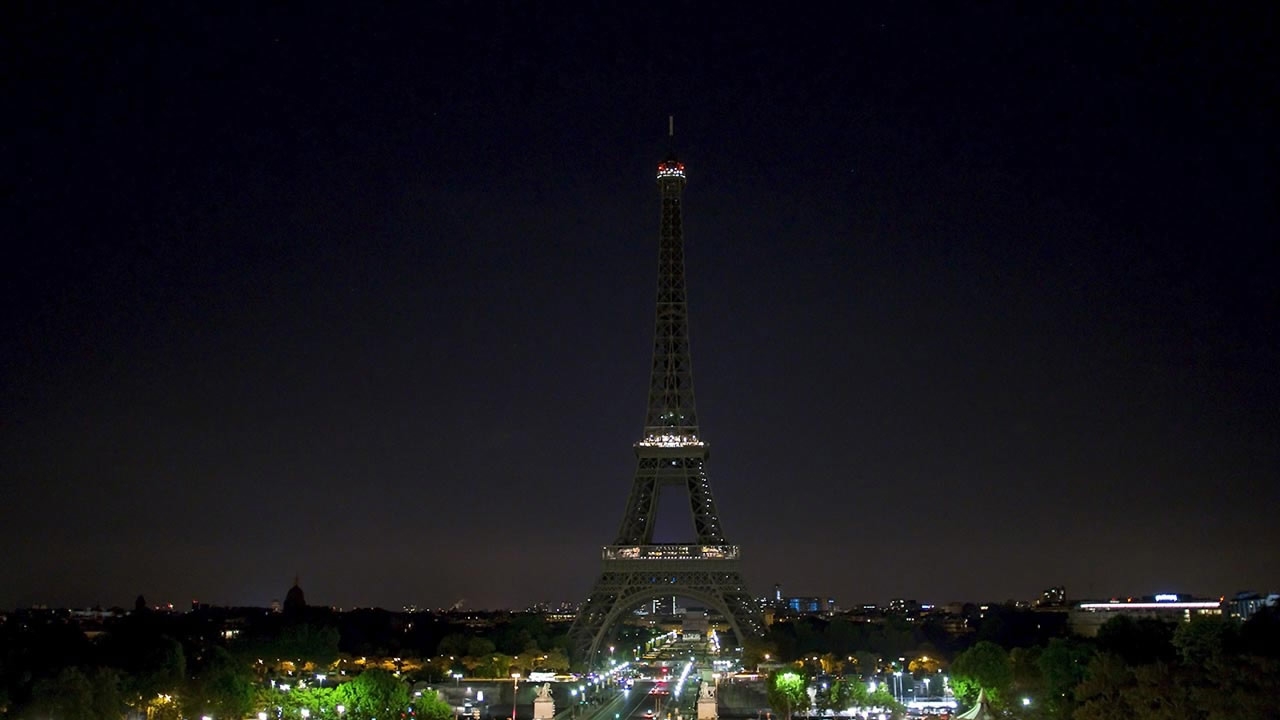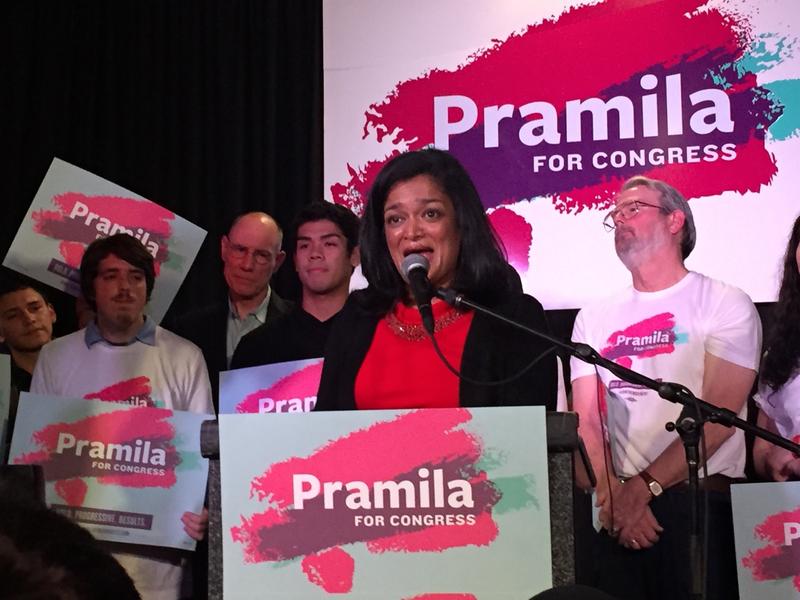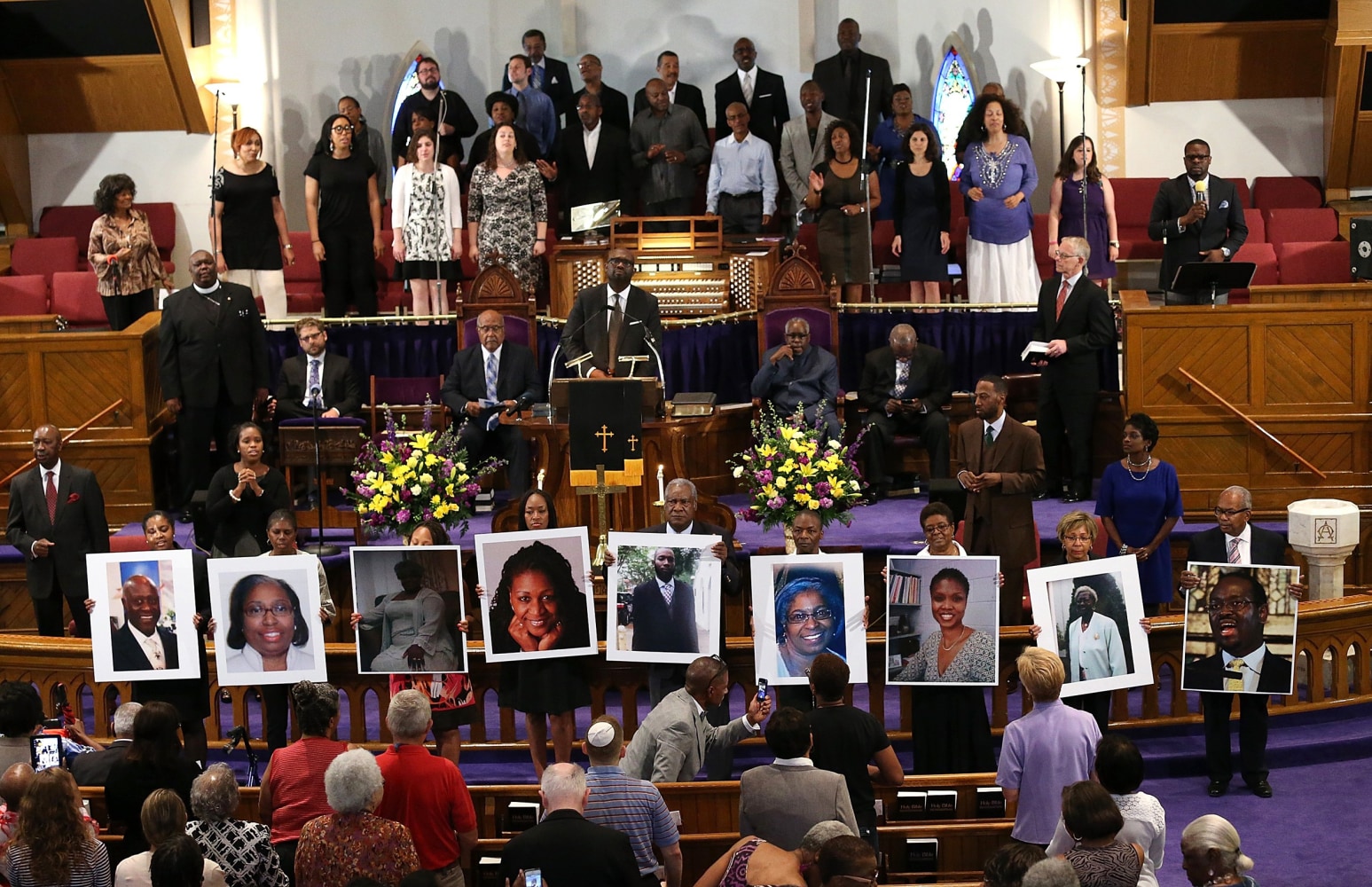
Also 11/7/17
Someone carelessly
looped the flag at half mast for
the latest victims.
Drooping from its slack
rope, even the autumn wind
leaves it listless, like
a hand in its last
moments, the slightest quiver
before giving up.
As before, so in
the aftermath, our lives less
worthy of life, death
dishonored for
not being money, crisp green
deserving a five
sided fortress and
the wealth of a nation. One
wet flag weeps for us.
(Photo Credit: The Washington Post / Eric Gay / AP)




